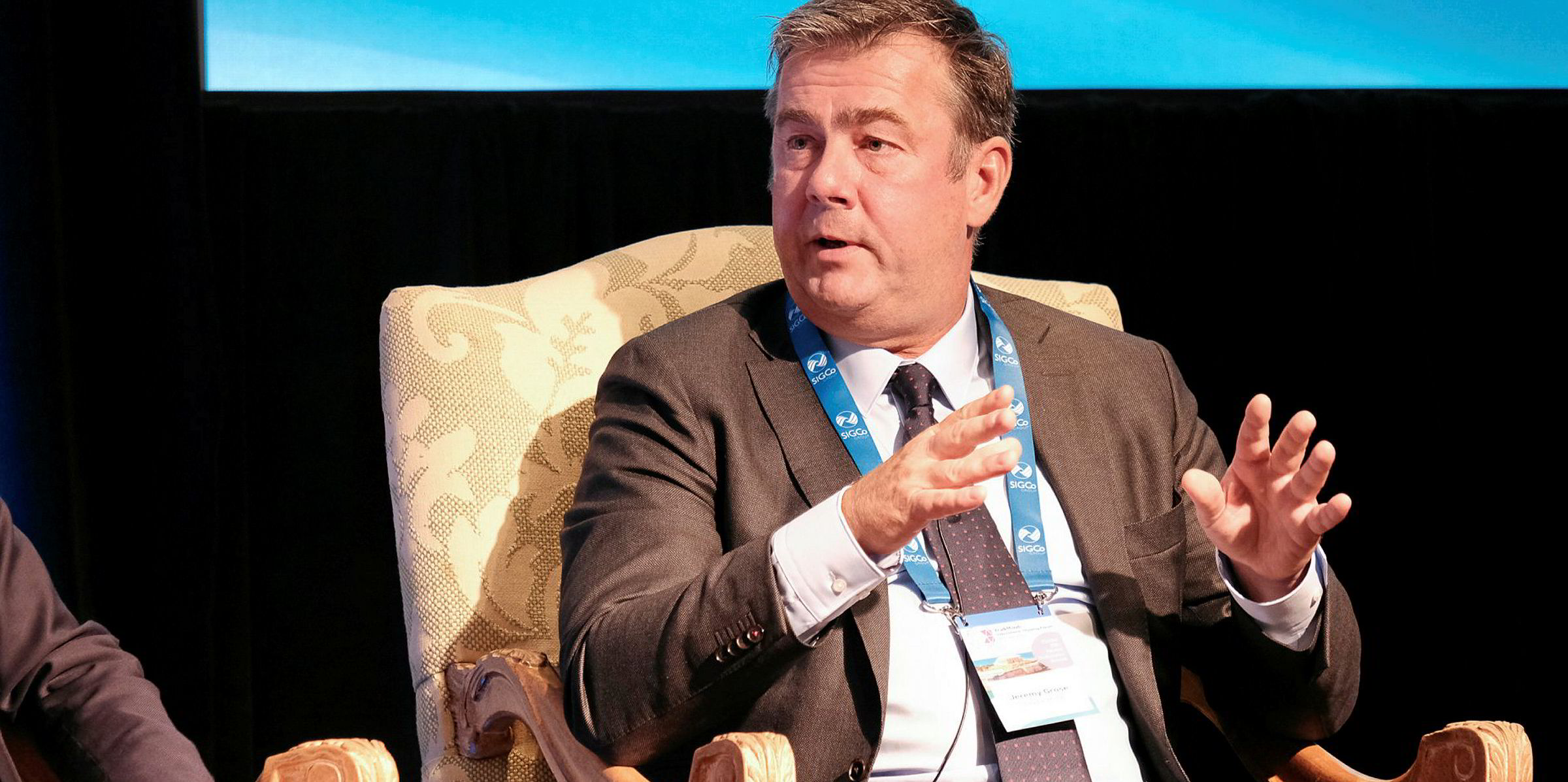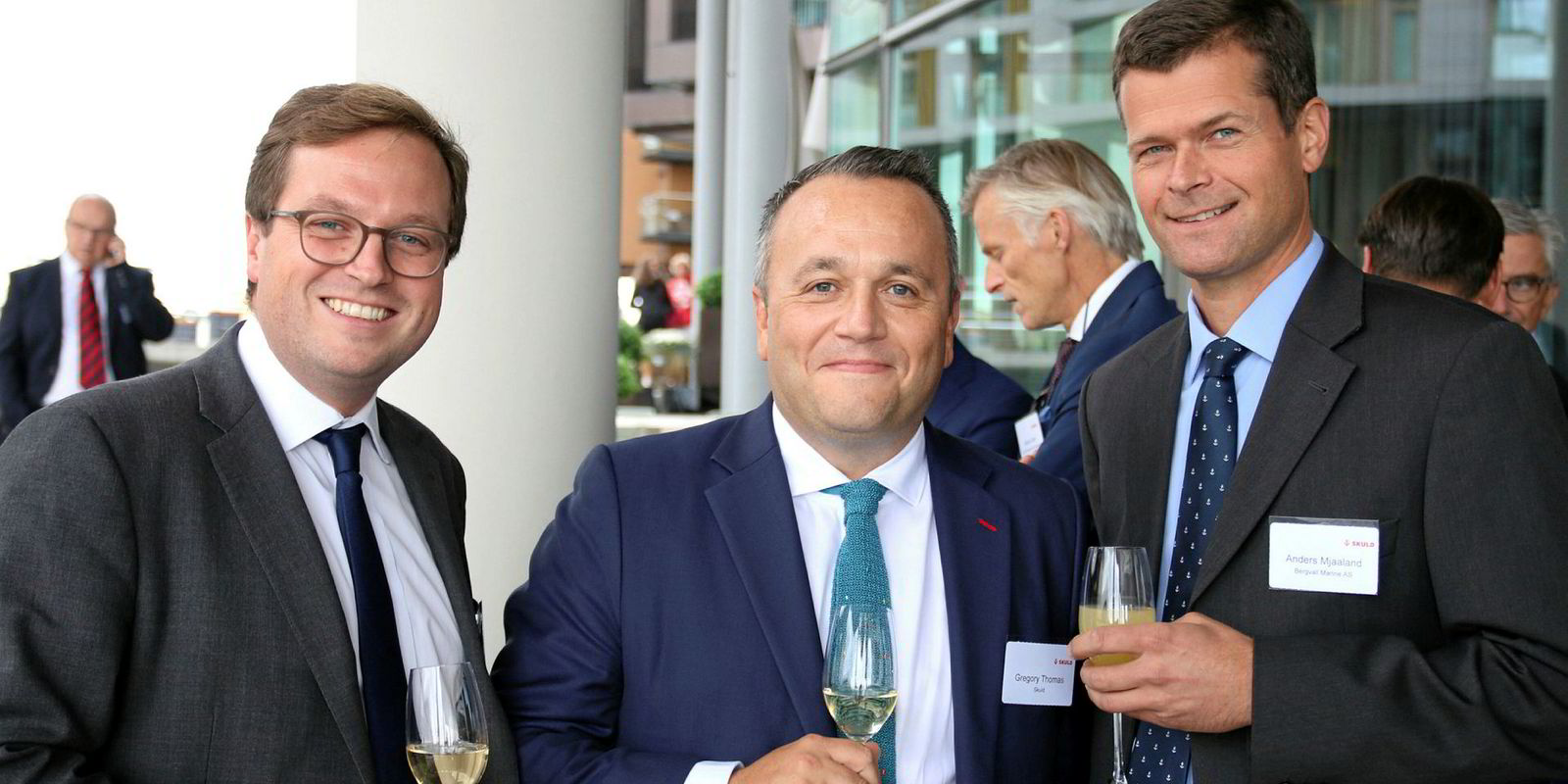The Standard Club protection and indemnity mutual is to move its management in-house after renegotiating its relationship with the Charles Taylor group, its long-standing third-party manager.
The move comes following a review of management by the Standard Club board and also a few months after the $320m acquisition of Charles Taylor by the US private equity group Lovell Minnick Partners.
Over a year-long transition period set to begin in July, the current Charles Taylor executive team, headed by chief executive Jeremy Grose and along with some 200 staff in total, will become employees of the Standard Club.
Charles Taylor’s principle management services, including underwriting, claims handling, loss prevention and finance activities will gradually be handled internally.
However, under the deal Charles Taylor will maintain its decades-long relationship with the Standard Club by continuing to provide technology, infrastructure, investment management, internal audit and other support services under multi-year outsourcing contracts.
Grose described the new arrangement as a “win win” solution for both parties as the mutual members have taken control of management internally while still maintaining a close relationship with the club's traditional partner Charles Taylor.
“While members and brokers will notice no difference in their normal dealings with the club, we believe that this new model will strengthen the club’s governance to their long-term benefit,” Grose said:
“ We are excited about the future for the club and we are confident that the new operating model will fit the strategic needs of the club in the decades to come.”
Charles Taylor Global chief operating officer Richard Yerbury said the move will benefit both the Standard Club and its clients.
The club has faced criticism in that past that attempts at diversification, such as an ill-fated move into the Lloyd’s of London insurance market, have been to benefit the management company just as much as the mutual’s members.
With the switch to in-house management, that is not a criticism that can be aimed at the Standard Club going forward, and there is keen interest in the insurance market on how an internal management team will start to shape the London-based club’s future.
Internal management also now appears to be the favoured form of management at mutual shipowner controlled insurance companies. Out of the 13 members of the International Group of P&I Clubs, only five are now managed by third-party external management companies.
They are the American Club, managed by the Shipowners Claims Bureau; Britannia P&I, managed by Tindall Riley; the London P&I Club, managed by A Bilbrough; the UK P&I Club, managed by Thomas Miller; and Steamship Mutual, managed by Steamship Insurance Management Services.
This story has been updated to reflect that Steamship Mutual is also managed by a third-party company.






